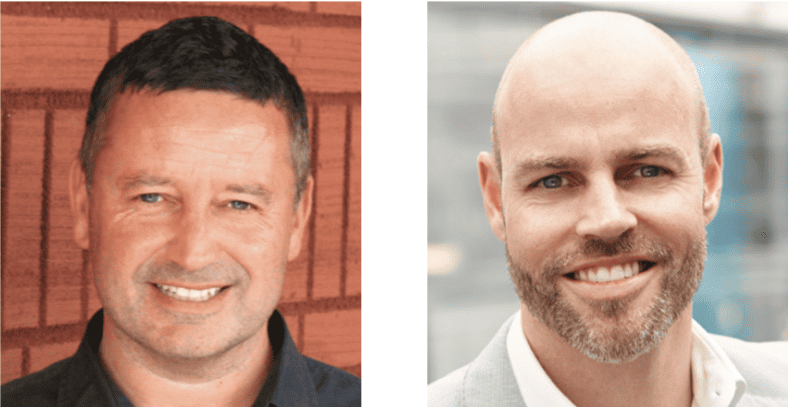
From cross-industry collaborations to digitalised healthcare, COVID-19 is changing the face of pharma as we know it.
More so than before, clinical trial teams are working remotely and virtually, telemedicine is on the rise, sales reps are being trained on new platforms to engage healthcare professionals (HCPs), and medical education is thriving online. Changes that would traditionally have taken our industry years have now been achieved in a matter of months.
But what does the future hold? Will pharma revert to ‘business as usual’ when social distancing measures ease and economic recovery begins? Or will we see long-lasting changes that continue to drive innovation? And if so, what will this mean for the sector?
Predicting the future
Predicting what the future holds relies on the industry’s ability to understand the changing behaviours of its customers. We have long recognised that understanding behaviour is the surest path to changing it. As such, learning about people’s behaviours in this crisis will be vital.
This must include insight into how they are consuming information, interpreting risks and making everyday decisions that affect the health of themselves and others. Many of the changes we’ve seen in response to COVID-19 are an accelerated response to what HCPs and patients have wanted for years.
Faster drug development timelines, wide-scale adoption of telemedicine, remote learning and education, and greater collaboration in and outside the industry. For many companies, the ability to respond quickly has been the result of a decade of planning and long-term investment.
For others, the change has simply been reactive, with lessons being learnt along the way. Understanding how changes in people’s environments are shaping their behaviours will allow pharma to respond in a sophisticated and agile way. It will also help create the long-term change that will shape our future.
The COVID-19 wake-up call
In a post-COVID-19 world, customers will likely want to stick with new habits and behaviours that have made their life easier or brought them greater joy, while letting go of the ones that didn’t. This ‘post-rationalisation of choice’ will lead to HCPs and patients wanting more say in how they engage with pharma.
The choice of picking up a phone, meeting in person or joining the discussion online is no longer a ‘nice to have’ but a basic necessity. The long-term effects of COVID-19 on pharma are, in truth, difficult to predict for certain. But what we have experienced should be a wake-up call for those who have struggled to allocate resources or embrace long-term change.
Historically, many in our industry have had a vision for how to transform the way we interact with customers, patients and key decision-makers to achieve long-lasting, improved outcomes. Now, for many, the disruption has happened.
There are many opportunities for pharma leaders to learn from people’s preferences and maintain an environment that supports desirable behaviours. By doing so, companies can make it easier for customers to access the information, products and services they provide. When it comes to engaging HCPs, sales force and medical science liaison teams can be upskilled to engage in a remote, yet personalised, manner.
Medical affairs teams can also consider how they deliver online medical education that is more stimulating, accessible and convenient to promote greater learning outcomes and scientific exchange. For patients, there are lessons learned from COVID-19 that can drive enrolment of highly engaged and active participants for clinical trials and improve how people experience remote consultations.
Whatever the changes, post-COVID-19 it’s vital that we are agile and listen to our customers’ preferences to guide our decision making. Behavioural science is an incredibly powerful tool for understanding how people behave in the context of their environment. As pharma companies consider their plans for 2021, there is a huge opportunity to create a blueprint for the future of HCP and patient engagement, which is guided by insights into human behaviour.
David Thompson is CEO of the Envision Pharma Group (EPG) and Paul Tanner is Global Head of 90TEN





